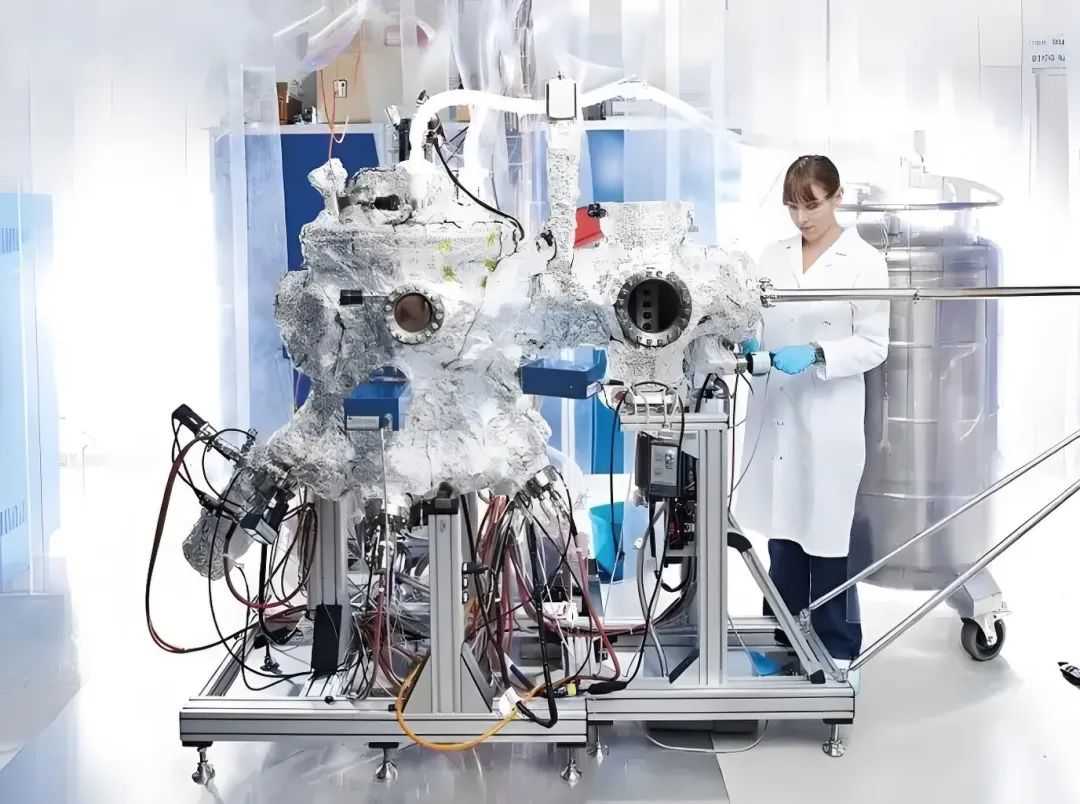
Despite its relatively small population, Switzerland has firmly established itself as a global scientific powerhouse, boasting an impressive 27 Nobel laureates to date. This remarkable accomplishment underscores the nation’s extraordinary ability to nurture world - class talent and drive groundbreaking research, solidifying its reputation as a hub of innovation and academic excellence.
As a highly developed industrial nation nestled in the heart of Europe and one of the wealthiest countries globally, Switzerland’s success in the Nobel arena is deeply intertwined with its robust technological foundation. The country’s strong tradition of precision engineering, pharmaceutical research, and financial expertise has created an ecosystem conducive to scientific exploration. Swiss institutions such as the Swiss Federal Institutes of Technology (ETH Zurich and EPFL) and the University of Basel are renowned for their cutting - edge research facilities and distinguished faculty. These academic powerhouses attract top - tier researchers from around the world, fostering an environment of collaboration and intellectual exchange that often leads to Nobel - worthy discoveries.
Switzerland’s educational system, which emphasizes technical skills and critical thinking, plays a pivotal role in cultivating a highly skilled workforce. By investing heavily in research and development across various disciplines, from physics and chemistry to medicine and economics, the nation ensures that its scientific community has the resources needed to make significant contributions to global knowledge. Whether it’s advancements in pharmaceuticals, as seen in the work of Swiss - based pharmaceutical giants Roche and Novartis, or breakthroughs in fundamental science, Switzerland’s 27 Nobel laureates are a testament to the nation’s unwavering commitment to excellence in research and innovation.





